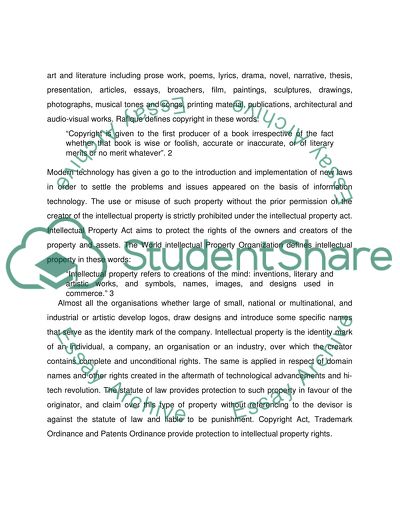Cite this document
(“Internet Law Essay Example | Topics and Well Written Essays - 3750 words”, n.d.)
Retrieved from https://studentshare.org/law/1515027-internet-law
Retrieved from https://studentshare.org/law/1515027-internet-law
(Internet Law Essay Example | Topics and Well Written Essays - 3750 Words)
https://studentshare.org/law/1515027-internet-law.
https://studentshare.org/law/1515027-internet-law.
“Internet Law Essay Example | Topics and Well Written Essays - 3750 Words”, n.d. https://studentshare.org/law/1515027-internet-law.


